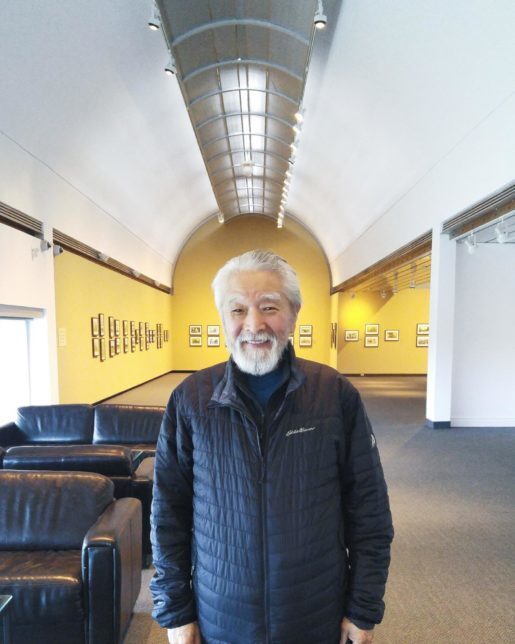
When Museum London was being planned in 1980, a call for designs was held and emerging architect Raymond Moriyama CC OOnt was awarded the contract. This is his origin story and the first in a series by Desaree Rosskopf that will share our architectural history before the Centre at the Forks opens.
Raymond Moriyama discovered his calling while lying on the floor recovering from an accident that left him severely burned. A four-year-old Moriyama spent the long recovery time observing the construction of a nearby building. He watched a well-dressed man, the building's architect, carrying large rolls of paper to the site each day. Thoroughly captivated, Moriyama resolved to become an architect. During the Second World War, only nine years later, he designed his first project.
Like many Japanese-Canadians, the government sent the Moriyama family to an internment camp in Slocan, British Columbia. Raymond suffered ridicule because of the remaining burn scars visible when he washed. "In despair, I decided to bathe in the Slocan River away from camp," he later recalled, "to see what was coming, I built an observation platform."(1) The platform sat high in a tree, concealed by leaves, and surrounded by nature. Within this sanctuary, Moriyama learned essential lessons about destruction and creation, which became the foundation of his design philosophy.
"In despair, I decided to bathe in the Slocan River away from camp," he later recalled, "to see what was coming, I built an observation platform."
"Architecture needs to be more than nicely proportionated surface treatment. If it is to be truly golden, architecture must be humane and its intent the pursuit of democracy, equality, and inclusion of all people."(2) Moriyama is a grand storyteller and wanted his designs to interact with the existing narratives. He looked "for meaning, for a soul, for the human raison d'être, and not just "how to build."(3) In 1980, Moriyama incorporated this philosophy into his plan for Museum London.
(1) Robert Sheppard, “Raymond Moriyama: We take the light from others and throw it back.” Maclean’s (1999): 69
(2) Ibid.
(3) Raymond Moriyama, Project Comments, 1980.